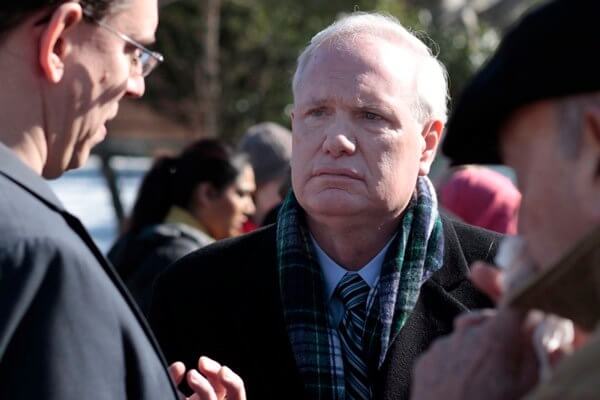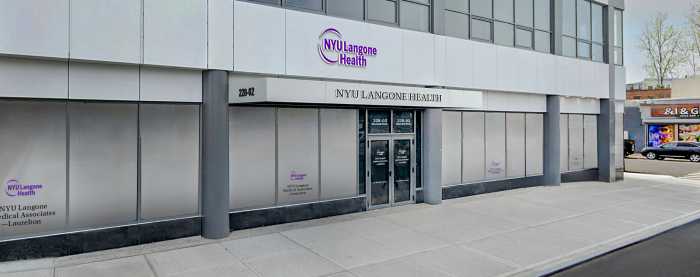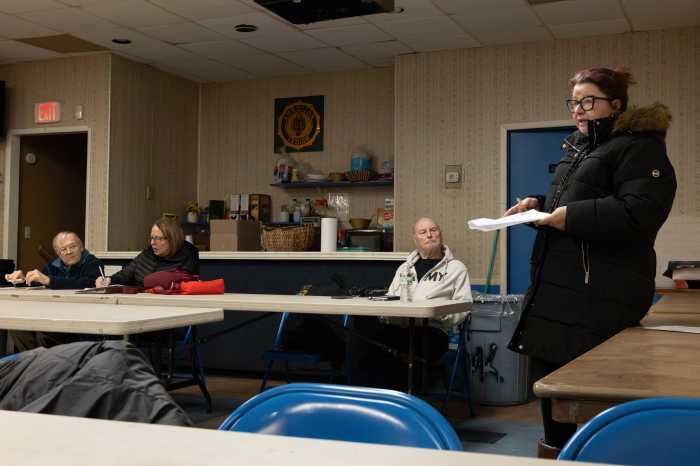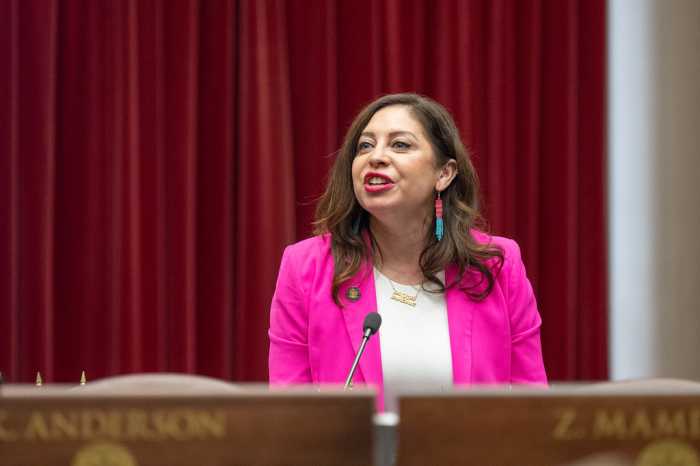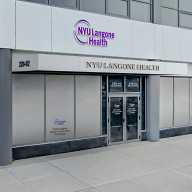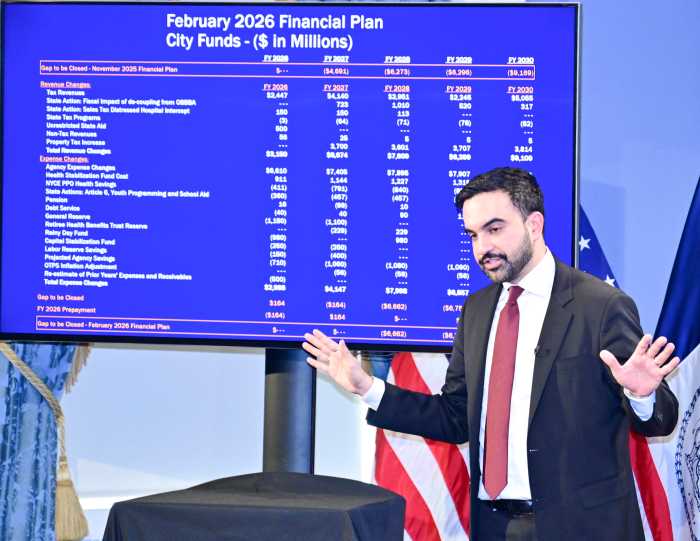By Mark Hallum
A tentative peace was brokered between opposing Democratic groups in the state Legislature with a letter from top party leaders calling for members of the rogue Independent Democratic Conference to reunite with the mainline party to regain the majority in the state Senate or face primary challenges.
The letter to the IDC was signed by Byron Brown, chairman of the state Democratic Party; Christine Quinn, vice chairwoman; and U.S. Rep. Joseph Crowley (D-Jackson Heights), who is the chair of the Democratic Caucus of the House of Representatives and head of the Queens Democratic machine.
Since 2011 the IDC has pushed a progressive agenda by forming alliances with conservative majority members of the state Senate and caucusing separately from the Democratic State Committee. Two Queens lawmakers, Sen. Tony Avella (D-Bayside) and Sen. Jose Peralta (D-East Elmhurst), have both come under intense scrutiny since defecting to the IDC.
The IDC leader, Sen. Sen. Jeff Klein (D-Bronx), responded to the Democratic Party letter welcoming the notion of reuniting as long as the Dems agreed to help the IDC achieve its goals.
“Since its very inception the IDC has worked to move the Senate out of dysfunction to advance progressive policies,” Klein said in a statement. “We are ready to move forward, provided any final agreement between Democrats is based on the legislative agenda that we put forth on May 22, which includes: the Reproductive Health Act, the Dream Act, Genda, protecting Title X funding, public campaign finance, single-payer health care and the Comprehensive Contraceptive Coverage Act. We are eager and ready to be part of a Democratic Coalition that could proudly and publicly state what its legislative positions are going into the 2018 session.”
The letter asked IDC officials to work with the party, which is currently the minority in the state Legislature, to claim two seats in special elections and convince conservative Democrat Simcha Felder of Brooklyn to caucus once again with his own party instead of with the Republicans.
“We therefore send this letter as officials, members and supporters of the Democratic Party – the state Democratic Party infrastructure – to communicate that we can no longer tolerate the IDC and Senate Democrats’ inability to unify,” the letter said. “If the IDC refuses to accept this offer, the state Democratic Party infrastructure would be prepared to unite in presenting primary challenges to IDC members.”
The party also said any mainline Democrats who oppose IDC officials returning to the party would also face primary challenges.
“To further our unity solution for the state Senate and define each other’s position, there is no doubt that all Democrats agree that a united Democratic delegation will take up a progressive agenda,” the party said, ticking off the Dream Act, campaign fiance reform and other objectives,the party said in a statement.
“There can be no progressive advancement with some Democrats sitting with Republican conservatives. The entire point of this unification effort is to advance the Democrats’ substantive progressive agenda.”
It said Sen. Andrea Stewart-Cousins (D-Yonkers), the Senate minority leader, and the main conference accepted the terms of the Democratic Party’s unity letter Tuesday.
“And today after our discussions and clarification, Senator Klein and the IDC have also accepted the terms of our unity letters,” the Democrats said. “The next step will be full joint cooperation in winning the upcoming special elections to fill the Senate vacancies once they are created next year.”
Peralta said in a statement he looked forward to working with the Democratic Party to achieve progress, echoing the issues mentioned in both Klein’s statement and that of the party.
Avella said the IDC would remain in existence, but would operate as a coalition with the Democratic Party. They will continue to caucus with themselves, however, he said, making clear that despite rumors the IDC does not caucus with Republicans.
“I’ve always indicated that the conference, myself especially, have always been willing to have this conversation and form a coalition with the Democratic Conference once we have a majority and I stand by that. I’m ready to do that any day, once we have a majority. That depends of course on Simcha Felder and we have two vacancies. Even if we were to all get together, we would not have enough votes for a majority,” Avella said explaining that the purpose of the IDC to begin with was to make up for the fact Democrats lacked a strong enough vote on their own. “Once we form this Democratic coalition, there are things we believe as Democrats should be voted on.”
Reach reporter Mark Hallum by e-mail at mhall

